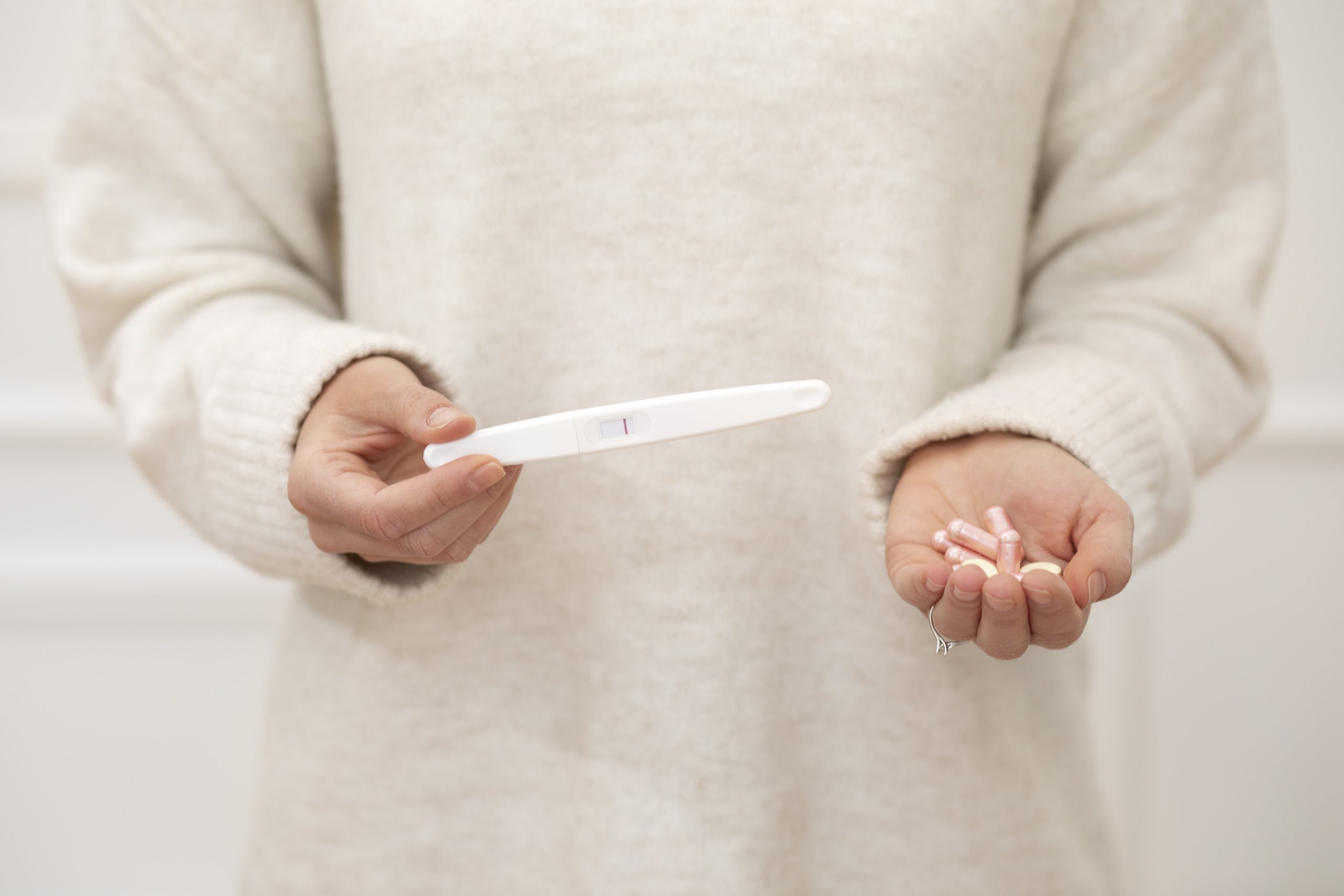


Pregnancy offers an ideal moment to perceive couples’ sexuality in a new light. Free from procreation-focused outcomes, Sex During Pregnancy can become a profound experience for the expectant parents, either by deepening their sexual connection or through mutual discovery.
For centuries, sex during pregnancy was shrouded in taboo, mostly because its sole focus was on desire and pleasure. Cultural, societal, and familial norms have placed barriers that discouraged couples from enjoying their sexual lives during pregnancy. In addition, barring any complications (where sexual activity might be inadvisable), fears related to sexuality during pregnancy are sometimes perpetuated by healthcare professionals.
This period should be seen as a time for fulfillment and discovery. It can also provide an opportunity to address past issues. Women should be supported in embracing a changed form of sexuality during pregnancy, and men should understand that preparing to be a father doesn’t negate his role as a lover.
These are the shifts that Sexuality will undergoes during the four sequential phases of pregnancy:
This initial 12-week period brings significant physical and psychological changes that can impact a couple’s sexual dynamics. Beyond the physical shifts and potential discomforts like nausea, fatigue, and altered senses, women often experience decreased desire. Combined, these factors lead to roughly a 20% decrease in sexual activity.
Especially during a first pregnancy, women navigate uncharted territory and often seek protection, making seduction a lower priority. This need for security can trigger a regressive emotional journey, impacting the frequency of harmonious sexual interactions. Consequently, psychological challenges arise as expectant parents grapple with future responsibilities and the unfounded fear that sexual activity might cause a miscarriage.

This period often witnesses a sexual renaissance for the couple. Bodily curves emerge without impeding movement, and may even enhance desire. Embracing her changing body and benefiting from increased pelvic vaso-congestion, the woman often feels more vibrant, confident, and receptive. This positive transformation can set the stage for deeper sexual intimacy if the pregnancy progresses without issues.
The bond, combined with shared anticipation of parenthood, fosters a playful, relaxed environment, bolstering the emotional security essential for a woman’s desire. This enriches their sexual experience and fosters an ambiance of relaxation and joy.
The reignited desire from the previous phase mostly continues. However, there might be fluctuating “peaks” where the frequency of intimacy might either spike — potentially as a search for orgasmic relief against birth-related stress — or dip significantly. While couples might need to adjust to the physical changes, the man often worries about the safety of intercourse.

As the family prepares for the baby’s arrival, the atmosphere buzzes with excitement, impatience, and occasional tension. The enlarged belly might not impact the frequency of intercourse, but fatigue, insomnia, and breathing issues can reduce a woman’s desire. Adjusting lovemaking positions becomes essential, and addressing body image concerns and birth-related fears is paramount. When sexual harmony is sustained, interactions are characterized by increased affection and tenderness.
There are tons of misconceptions in this area. For instance, blaming miscarriages during the first trimester on continued sexual activity is a fallacy. Similarly, orgasms only very rarely trigger harmful uterine contractions during the first two trimesters.
Nonetheless, penetration is discouraged in several cases during pregnancy including but not limited to: history of preterm delivery, a history of recurrent miscarriages, abnormal placental position, abnormal bleeding during this pregnancy, male partner with an STD…
Taking the advice of an obstetrician is essential. There is no shame in asking your healthcare provider about sexual activity.
In conclusion, a balanced and active sexual life during pregnancy can bolster the bond between expecting parents. Amid the psychological shifts, the mother-to-be centers on love and nurture, while the man transitions from being solely a lover to becoming a father. Hence, sexuality during pregnancy can pave the way for harmony, representing a union that culminates in the arrival of a child.



Enter your email address